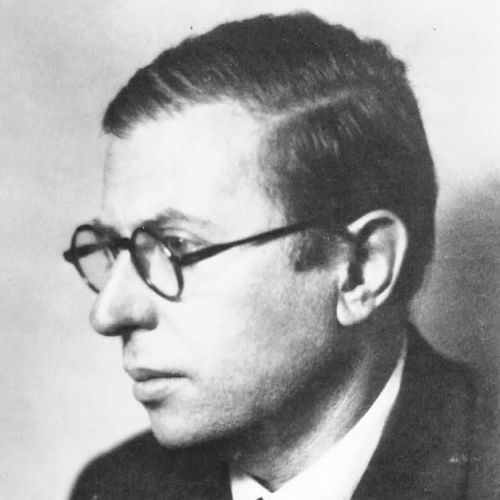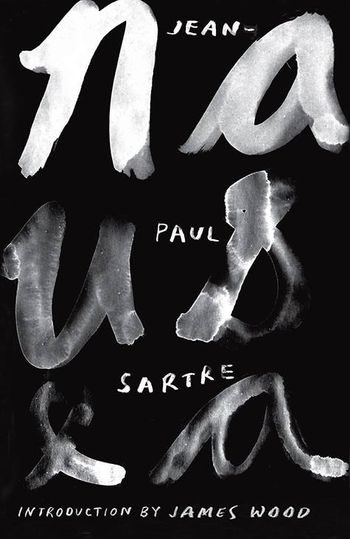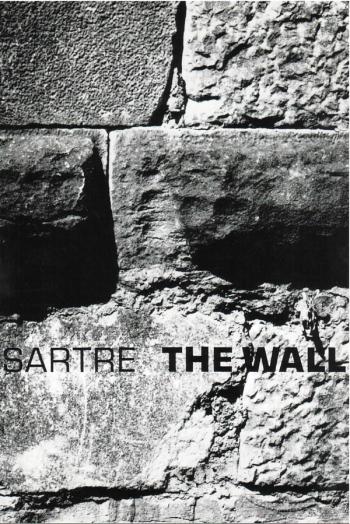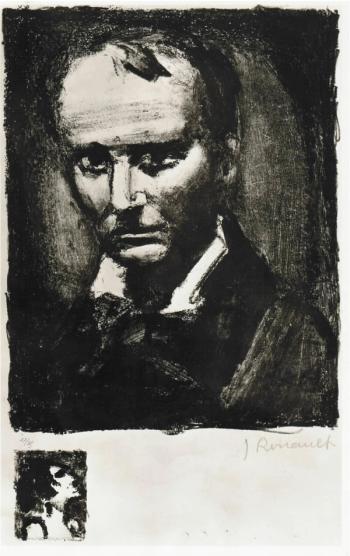Jean-Paul Sartre
Winner of the 1964 Nobel Prize in Literature, Jean-Paul Sartre, philosopher, critic, novelist, and dramatist, holds a position of singular eminence in the world of French letters. Among readers and critics familiar with the whole of Sartre’s work, it is generally recognized that his earliest novel, La Nausée (first published in 1938), is his finest and most significant. It is unquestionably a key novel of the twentieth century and a landmark in Existentialist fiction. Sartre (1905–80) is author Intimacy (1939), The Flies (1943), No Exit (1943), and the monumental treatise Being and Nothingness (1943). New Directions publishes Sartre’s Baudelaire, The Wall, and Nausea.



